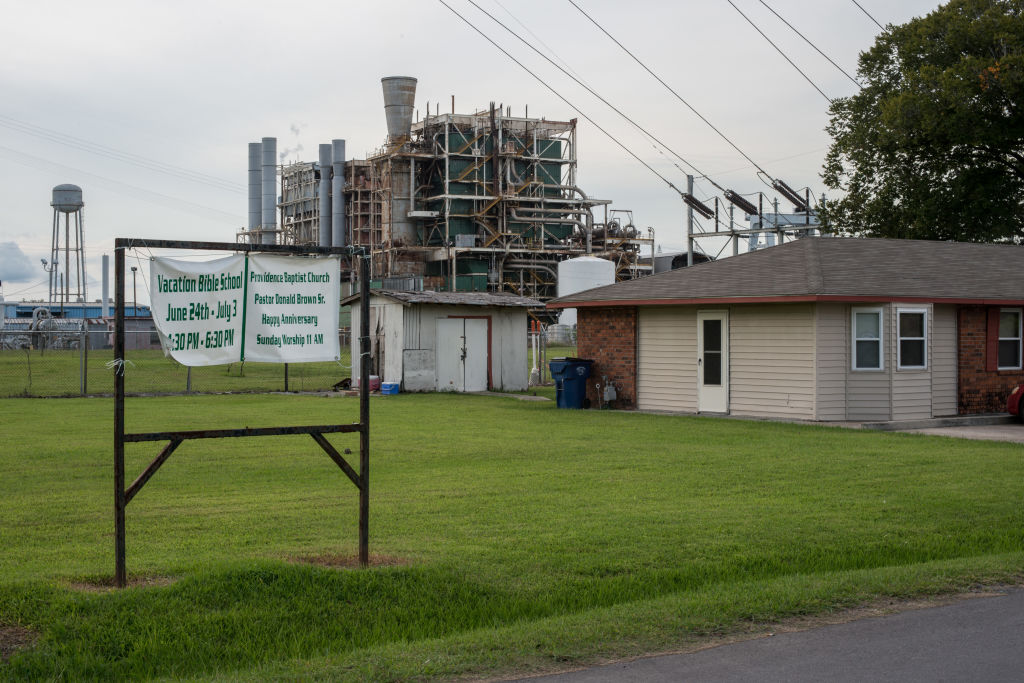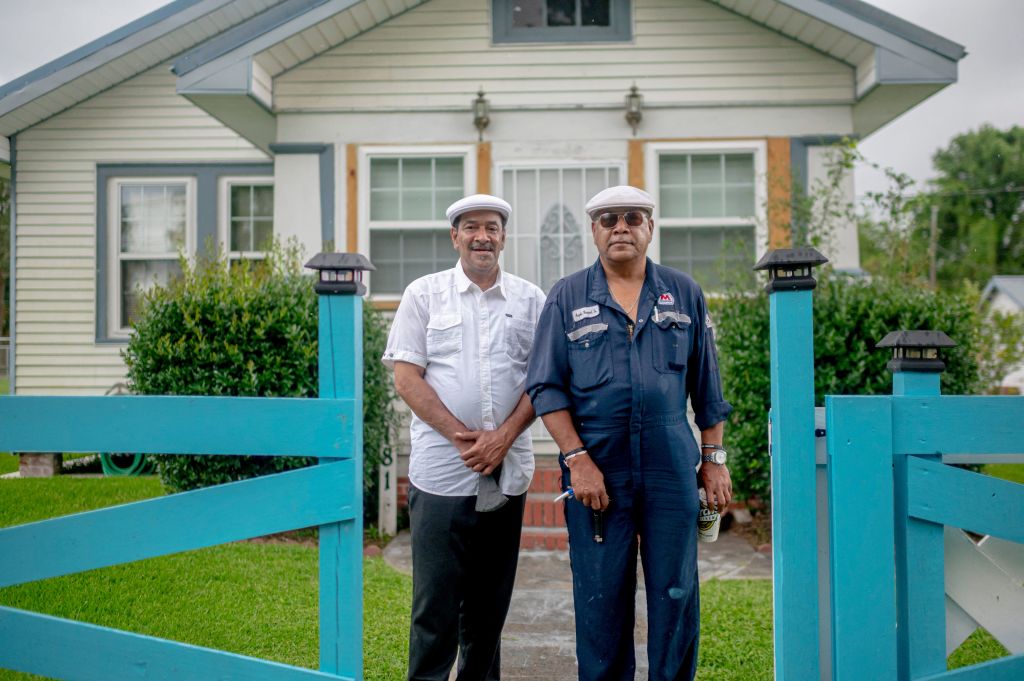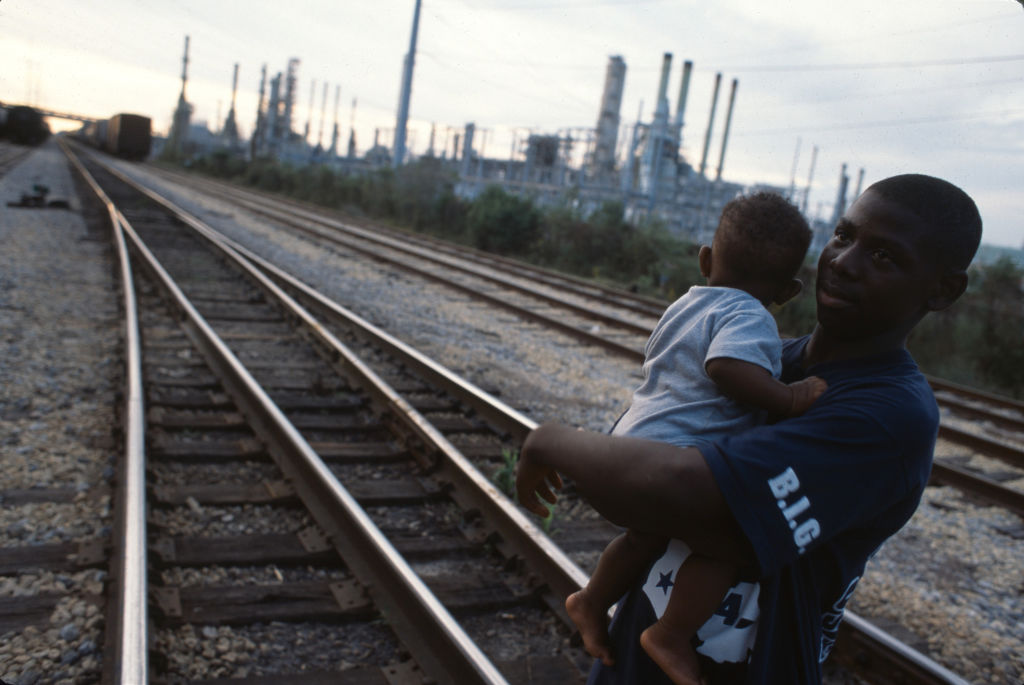A federal court of appeals reviewed and approved a civil rights lawsuit filed by Louisiana residents involved in local community organizations regarding the placement of petrochemical facilities.
According to The Associated Press, St. James Parish is a region where 20 of the 24 petrochemical plants are located. The county sits between New Orleans and Baton Rouge on the Mississippi River, also known as “Cancer Alley” by environmental advocates. The area is densely packed with oil refineries, petrochemical plants and industrial facilities. The majority of its residents are Black.

Louisiana residents say that the industrial development was fueled by racial discrimination
The individuals behind the complaint, filed in March 2023, belonged to three religious groups. Their suit states that the selection of the county for these industrial facilities was allegedly rooted in racism since it’s known that these companies are polluting the area. After the case was dismissed by the U.S. District Court in the Eastern District of Louisiana, the 5th U.S. Circuit Court of Appeals in New Orleans ruled in favor of the plaintiffs, allowing them to go forward with their lawsuit.
“We have been sounding the alarm for far too long that a moratorium is needed to halt the expansion of any more polluting industries in our neighborhoods, and too many lives have been lost to cancer,” Gail LeBoeuf, one of the plaintiffs and co-founders of Inclusive Louisiana, told the publication.

Lawsuit highlights health risks and generational harm
The U.S. District Court initially determined that the plaintiffs submitted their case too late because a central component of the lawsuit was based on St. James Parish’s 2014 zoning and development plan. However, the litigation will now be reevaluated due to the recent judgment, which found it to be “replete with allegations of discriminatory land use decisions.”
Furthermore, the 5th U.S. Circuit Court of Appeals ruled the groups could sue the parish for allowing industrial projects that damage or block access to cemeteries where their enslaved ancestors are buried, many of which are on former plantation sites that remain largely unpreserved.
The hope of those suing is to stop the development and growth of petrochemical facilities in two sections of St. James Parish. The Associated Press disclosed that research done for a 2003 report discovered that residents in the area had a higher death rate from specific cancer types than the national average, per the U.S. Environmental Protection Agency’s findings. The lawsuit also says both mostly Black areas of the parish have a high cancer risk from toxic pollution, based on EPA data from nearby installations.
“I think it’s a real vindication of their struggle,” Pamela Spees, a lawyer with the Center of Constitutional Rights representing the plaintiffs, said per the Associated Press. “This is a case about long-running ongoing discrimination and now we get to deal with the claims on their merits.”

